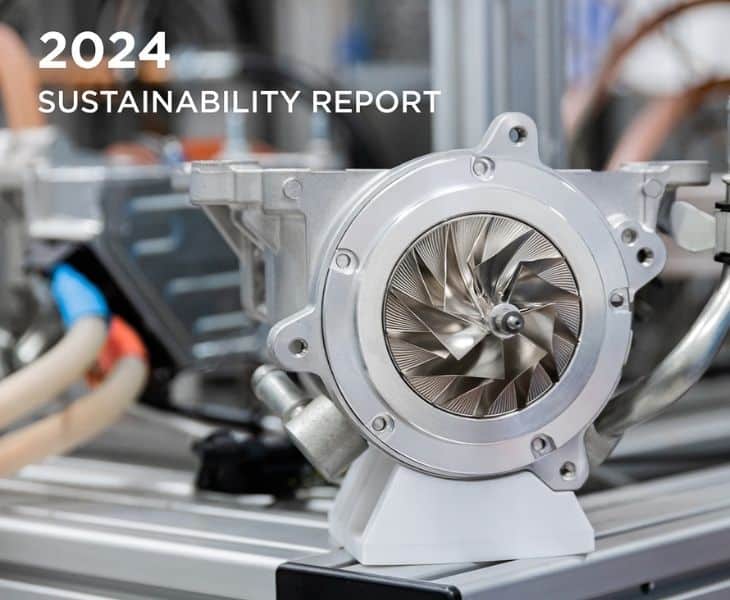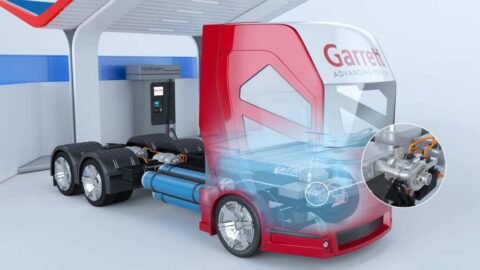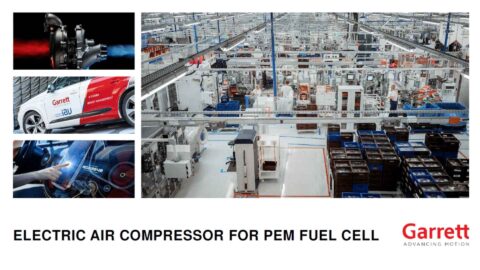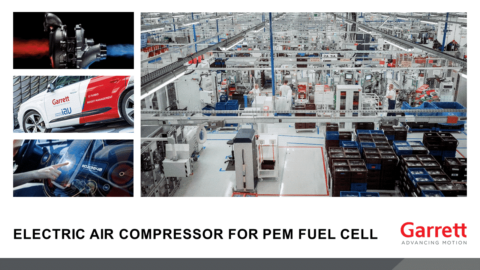Accessing the Knowledge Center effectively requires a simple, one-time registration.
Integrated Modelling of a Fuel Cell Electric Truck for Energy Management Optimization

Integrated Modelling of a Fuel Cell Electric Truck for Energy Management Optimization
Co-authors: Ugo Olivaud, Luca Cambriglia, Alessandro Zanelli – POWERTECH Engineering and Sujeet Nagaraj Vankayala, Philippe De Araujo, Nathaniel Bontemps – Garrett Motion
De-carbonization of on-road transport is of primary importance in the context of a compelling need for GHG emission reduction. The adoption of battery-electric powertrains is challenged for CV application by the relatively low gravimetric energy density of Li-Ion batteries that would in turn significantly reduce range and payload of heavy-duty Truck applications.
The use of Hydrogen as an energy carrier, be it compressed or liquified, is currently regarded as a key enabler for zero tailpipe CO2 emissions in freight transport. In this context, Fuel Cell (FC) technology appears to be a promising solution for long-range electric traction, thanks to its inherent high-efficiency and technological maturity. In this work, a FC electric truck was modelled in detail, in a multi-physics simulation platform. A predictive model for the FC stacks and Balance of Plant (BoP) was setup and integrated within a vehicle-level simulation platform including thermal management, longitudinal dynamics, and electric components such as e-motors, battery pack and power electronics. An Energy Management System (EMS) was introduced, based on the Equivalent Consumption Minimization Strategy (ECMS) concept, which regulates the FC activation and load, targeting optimal H2 consumption. The Fuel Cell Electric Vehicle (FCEV) truck model was eventually run over relevant mission profiles, including VECTO ACEA Regional Delivery, under different boundary conditions in terms of ambient pressure, temperature, and FC aging, including an End-of-Life (EOL) worst-case scenario.
Publisher: French Society of Automotive Engineers (SIA)
Publication date: 14 – 15 June 2023, at the SIA Powertrain International Congress and Exhibition, Paris, France














